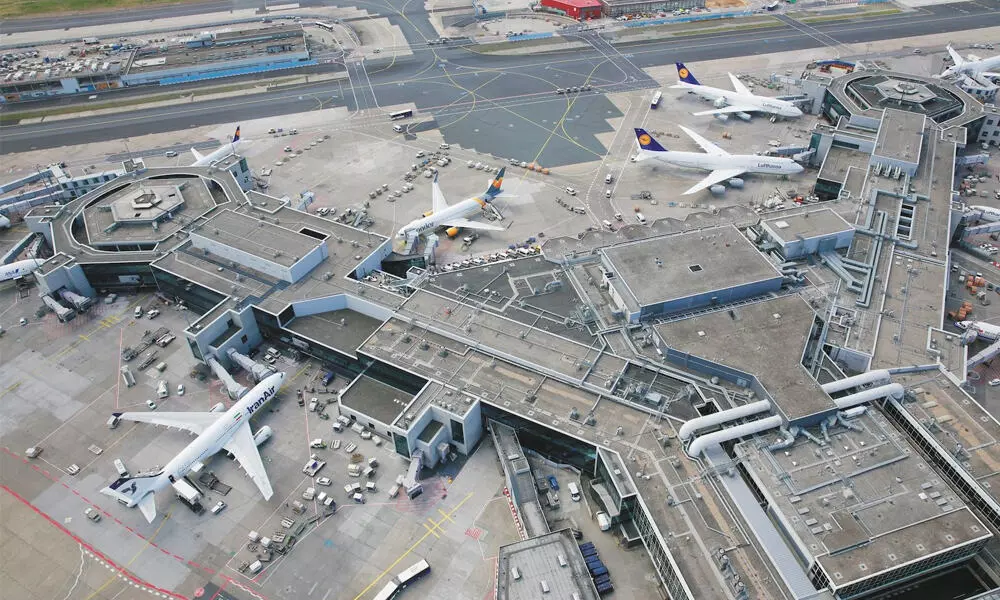Will vaccination lead to a faster recovery?
image for illustrative purpose

Airports and airlines are united in the call for governments to partner with the industry to prepare to restart global connectivity when the epidemiological situation allows, and the unprecedented global vaccination effort offers a beacon of hope that a return to normality is a possibility in the near future. Since the first vaccine dose was administered in late 2020, more than 450 million doses have been administered across more than 130 countries. The possibility that summer vacations abroad may happen this year is more likely than ever. Many industry surveys have shown that "vacation deprivation" combined with an upsurge in confidence in air travel provided by vaccination and safety measures should result in the number of people traveling outside of their countries will start this spring and significantly increase by mid-year. Airports Council International (ACI) World has just published its 2021 Economics Report and industry Key Performance Indicators which explore the fundamentals of the industry as airports plan their long term recovery from the impact of the Covid-19 pandemic.
The report includes analysis for 2019 - the full year before the advent of the pandemic in 2020 - and includes data from more than 950 airports of all sizes and business models in all regions which represents 81 per cent of worldwide air traffic. It provides a picture of a pre-Covid-19 industry therefore providing insight on the recovery pathway ahead.
In 2019, total airport revenue was $180.9 billion, up from $178.4 billion in 2018. This 1.4 per cent increase at the global level, however, is well below the 3.5 per cent increase in air traffic over the same period, testifying to a real decrease in airport revenues on a per-traffic unit basis before the catastrophic loss in revenues brought on by the pandemic.
As airport competition has intensified, aeronautical revenue generated from airport charges per passenger remained stable, increasing at the same pace as global air transport demand.
"As the aviation industry plots a recovery from the catastrophic impacts of the Covid-19 pandemic, the economic fundamentals of our industry serve as a benchmark to assess the recovery - and transformation - of the airport business, paving the way to return to the pathway of growth," ACI World Director General Luis Felipe de Oliveira said.
"Our Economics Report shows that, though industry revenues continued to grow in at the same pace as passenger traffic before the pandemic, revenue per passenger decreased slightly year-over-year since 2015 which is testament to a wide array of competitive forces shaping the industry. This shows the commitment of the industry to keep the cost basis stable, facilitating the further development of aviation.This is a clear demonstration that the calls for tighter and rigid economic regulation of airport charges are unfounded as airport charges have remained both stable and reasonable in response to strong competitive pressures," he said.
"Airport charges are a vital component in the sustainability of airport operations and development as they enable operators to manage, and plan for, infrastructure that meets existing and future demand for air transport.Airports incur capital expenditure, a significant portion of which relates to modernization of the existing facilities and development of new infrastructure and, in the wake of the pandemic, new investments are needed to ensure sustainable and resilient airports.Post-pandemic times will require more technologically-advanced, seamless and contactless processes as for handling passengers, aircraft movements, cargo and baggage," he added.

